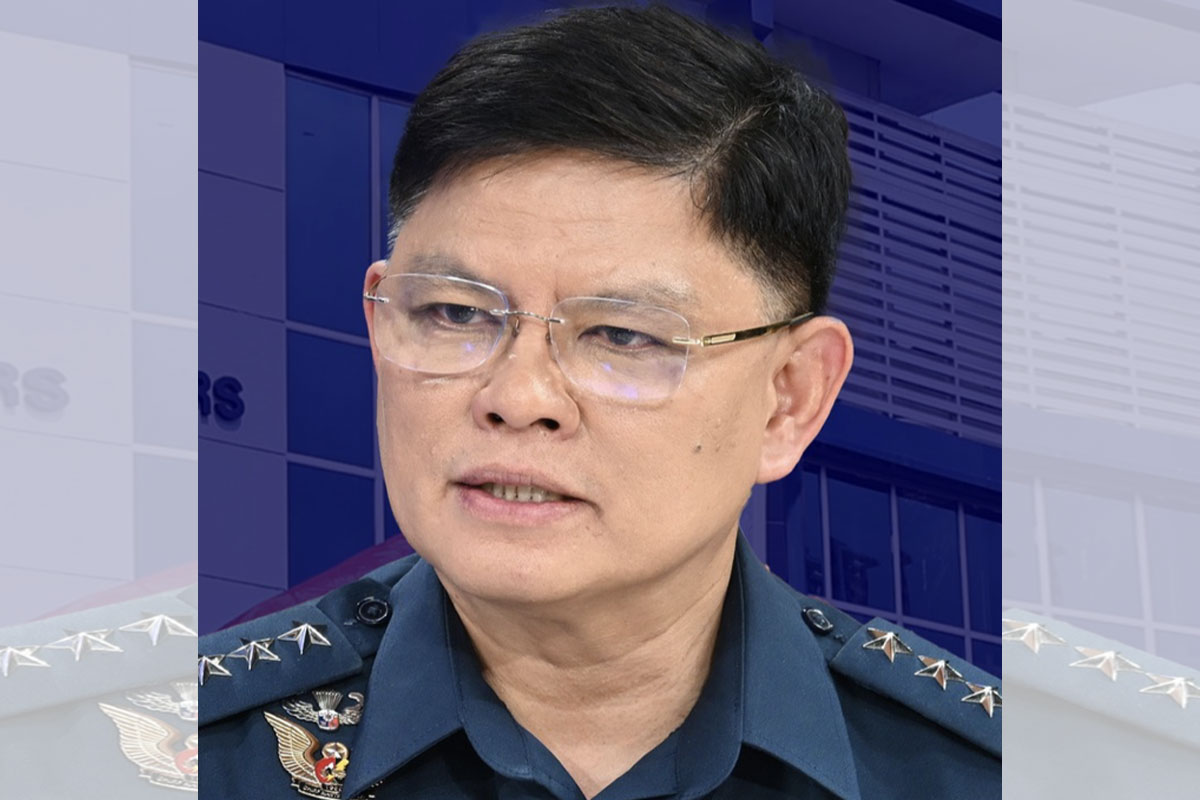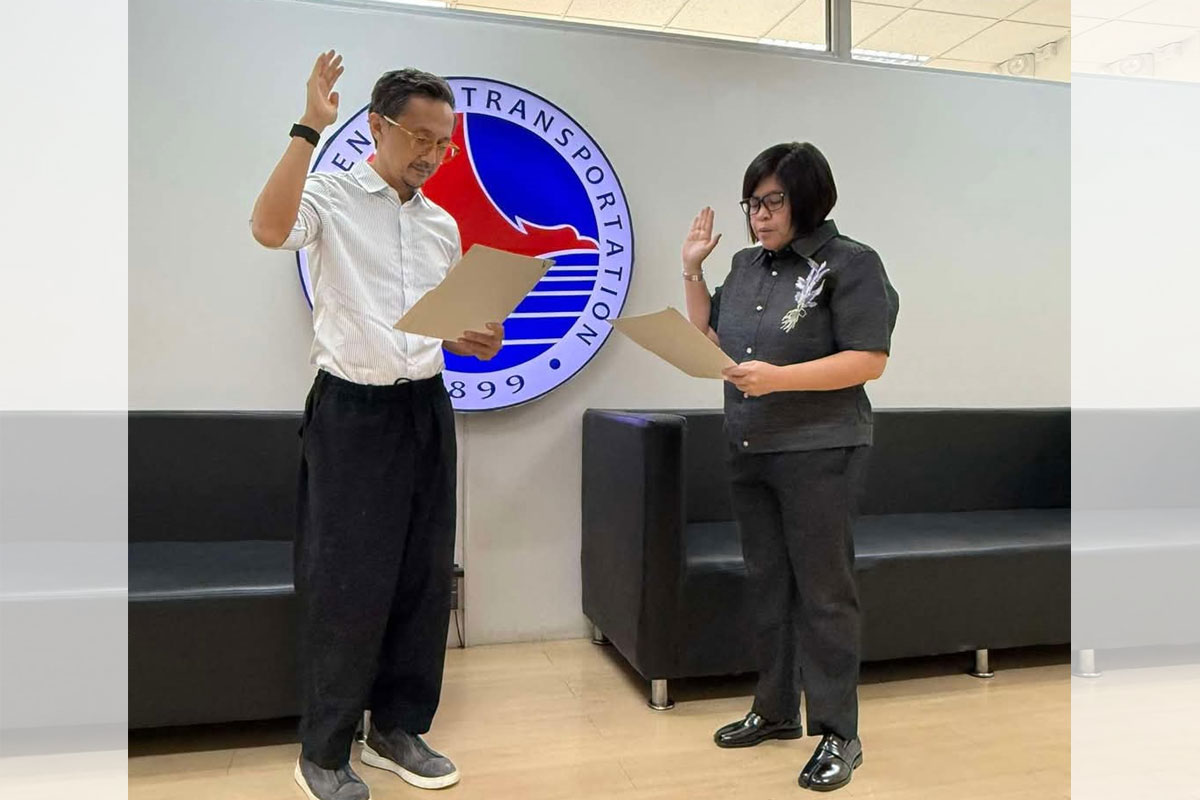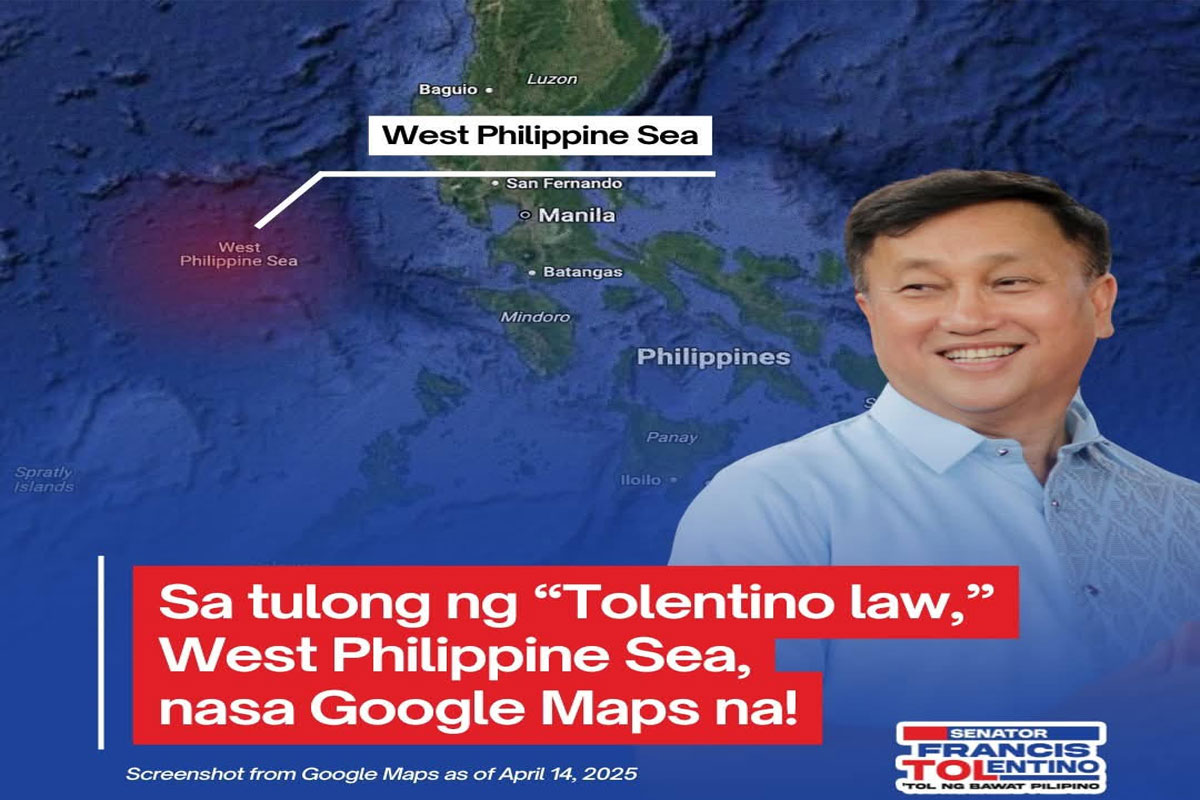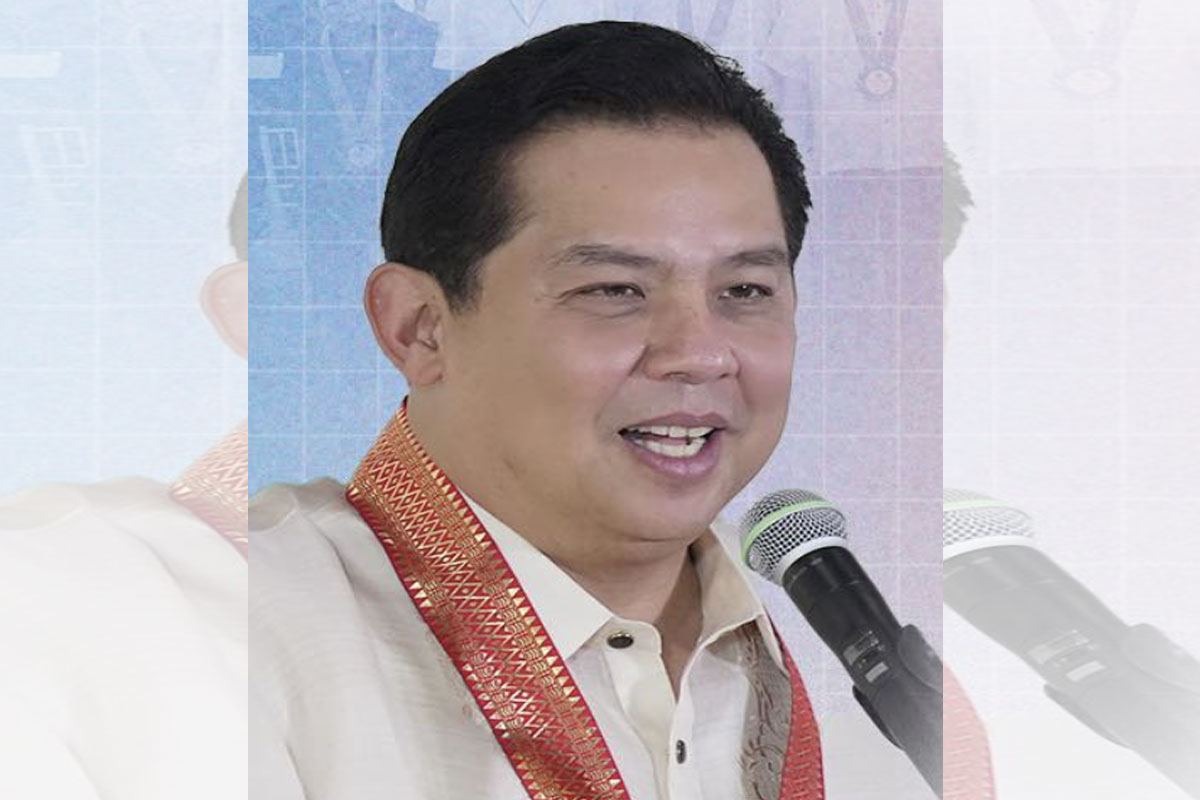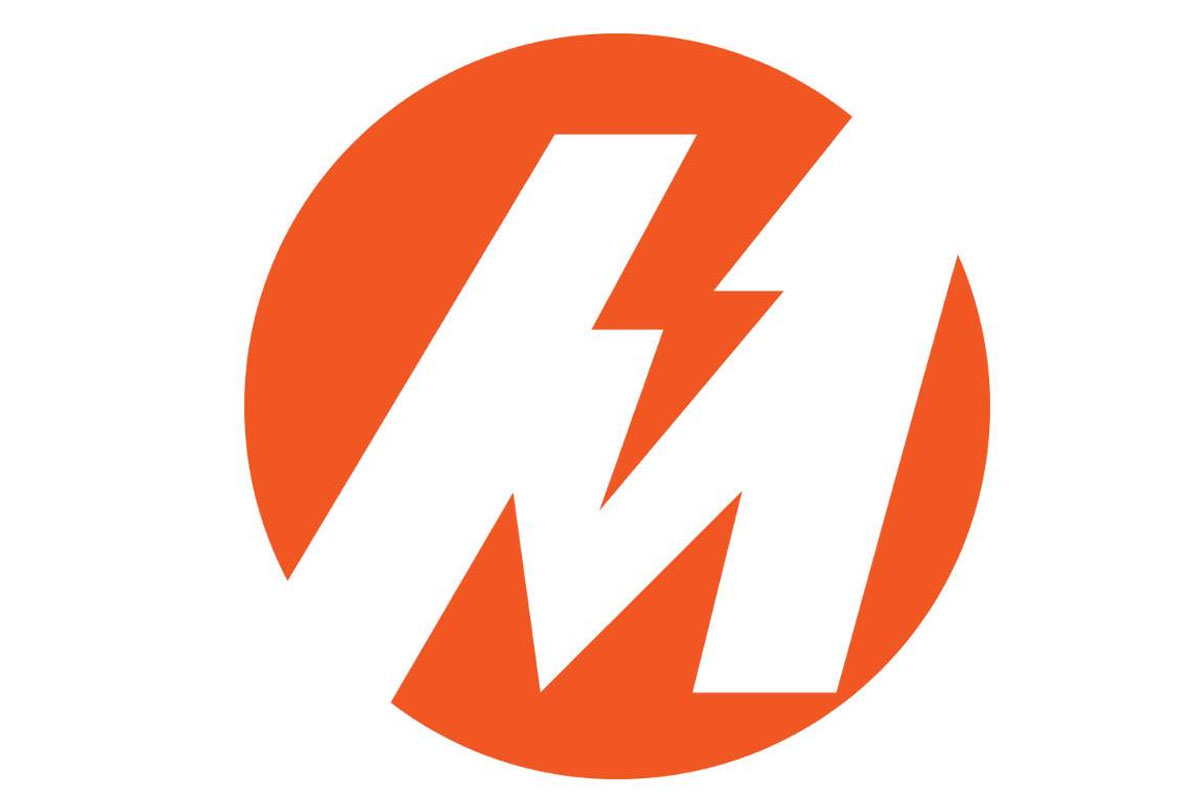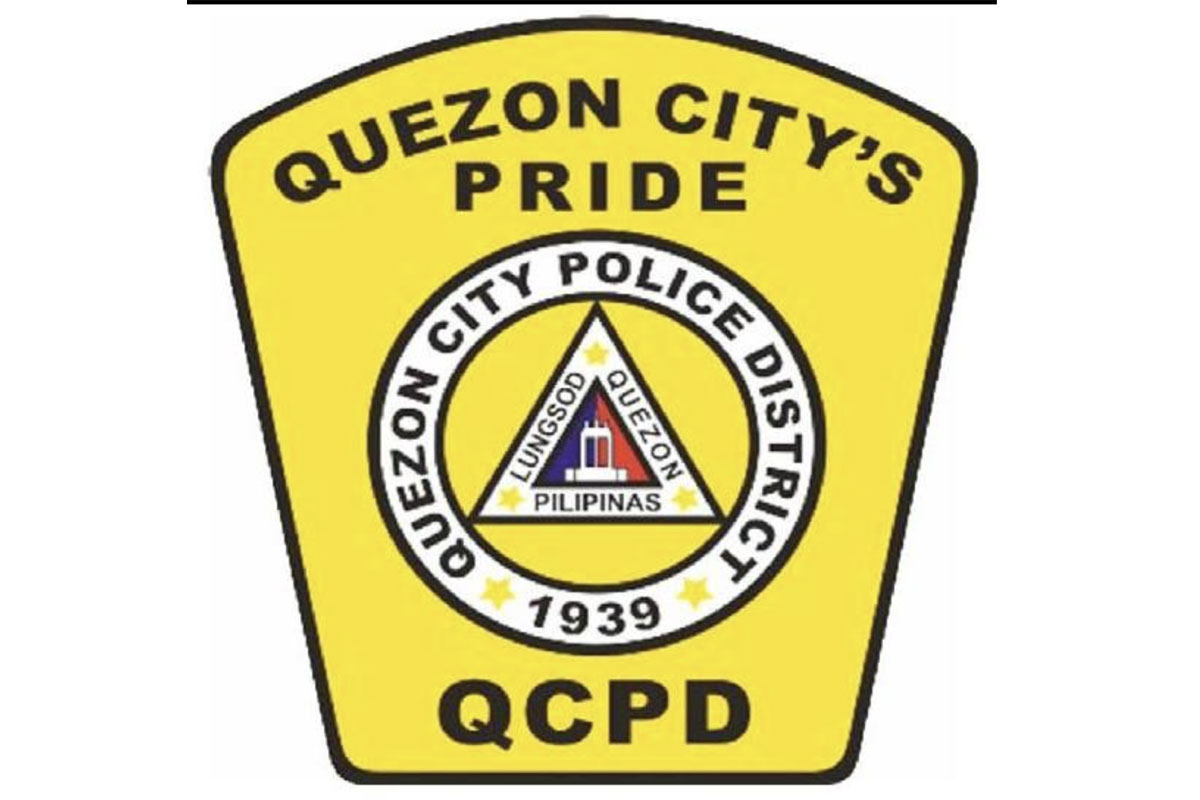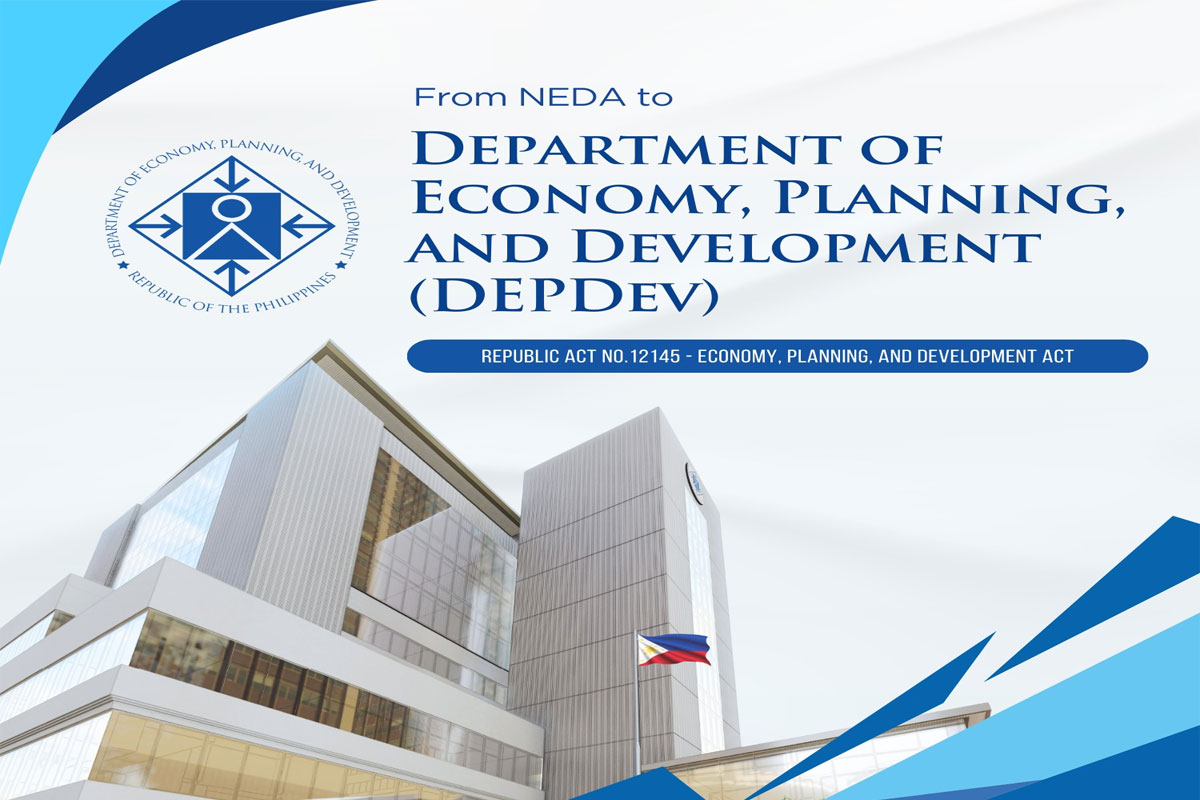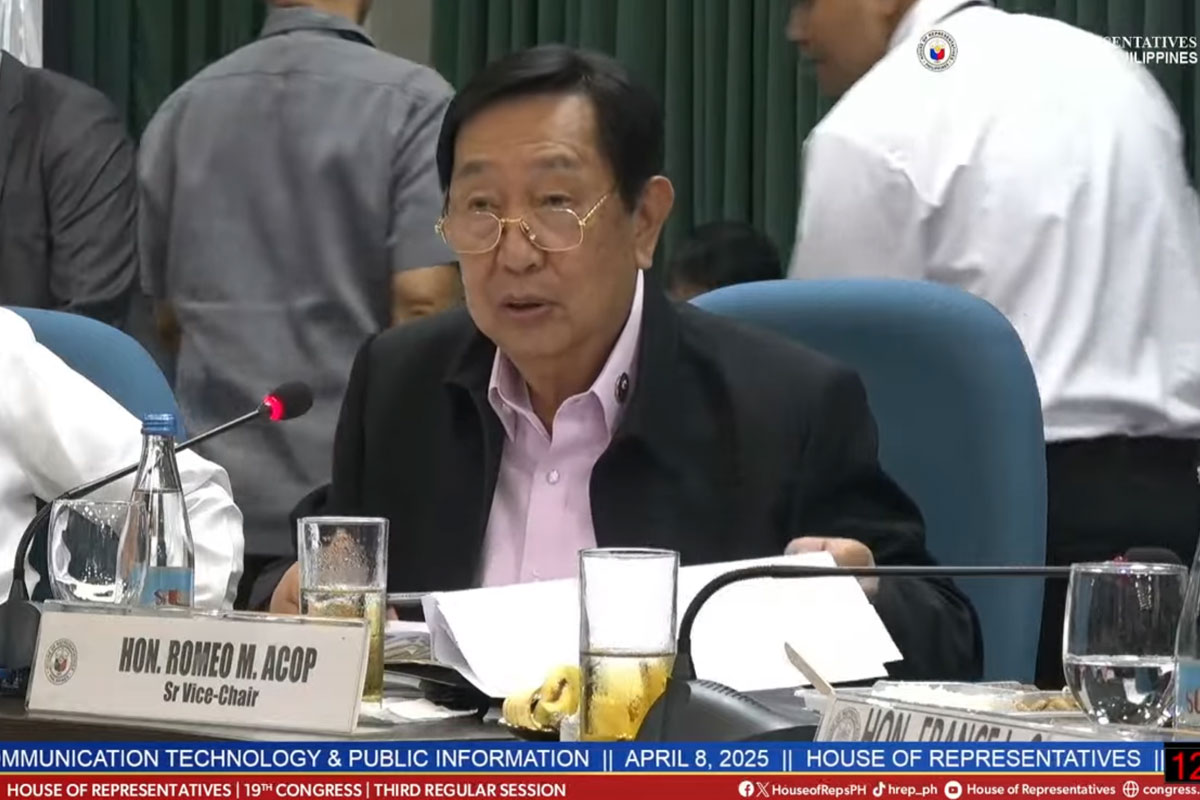 Antipolo City Rep. Romeo Acop
Antipolo City Rep. Romeo Acop
SOCMED MAY PANANAGUTAN SA FAKE NEWS
AYON kay Antipolo City Rep. Romeo Acop, dapat may pananagutan ang Meta, dating kilala bilang Facebook, at iba pang social media platforms sa paglaganap ng fake news at iba pang posts na may mapanirang nilalaman.
Ibinigay ni Acop ang pahayag habang tinatanong si Dr. Rafael Frankel, ang Meta Director of Public Policy for Southeast Asia, kaugnay ng pananagutan ng isang tao na nagpo-post at ng mismong social media platform na nagdadala ng content.
“The posting of false information and misleading news, the content that harms not only the subjects of the questionable post but also the public trust in state institutions, should not be tolerated, would you agree with that?” tanong ni Acop.
“Could I say that you recognize that Meta bears some responsibility for what is shared and posted in Facebook or Instagram?” dagdag pa niya. “Yes or no? It is a very simple question.”
Tumanggi si Frankel na sumagot ng diretsong oo o hindi.
Gayunman, sinabi niyang sa pananaw ng Meta, ang may pananagutan sa pagpo-post ng fake news o mapanirang content ay ang mismong user na gumawa ng post.
Ipinaliwanag din niya na sinusubukan ng Meta na i-balanse ang karapatan ng mga account holder sa malayang pagpapahayag at ang pangangailangang panatilihing ligtas ang social media bilang isang digital space.
Dalawang beses pang inulit ni Acop ang kanyang tanong tungkol sa pananagutan ng mga social media platform sa fake news, ngunit ganoon pa rin ang naging tugon ni Frankel.
“Mr. Chairman, I think Mr. Frankel is evading the answer to my question,” saad ni Acop.
“Any Tom, Dick and Harry will say that it is answerable by yes or no,” dagdag pa niya.
Aniya, sa sagot ni Frankel, lumalabas na ang tanging responsable o may pananagutan sa epekto ng mga post ay ang account holder.
“It seems from our discussion that social media platforms are making some efforts to curb the spread of fake news in this country. However, I disagree with the impression that acting merely as hosts of user-generated content exempts these platforms from any liability for the harmful content they allow to be exhibited,” ayon kay Acop.
“As part of our legislative duties, I think it may be time to revisit the current legal framework regarding these social media platforms if only to incentivize them to further crack down on these types of illegal posts,” dagdag niya.
Sa simula ng kanyang pagtatanong, binanggit din ni Acop na isang malaking isyu ang kawalan ng malinaw na Meta entity na may pananagutan at kapangyarihan sa Pilipinas.
“And I hope the Meta people will agree with that. As we have heard, Facebook Philippines does not control the platform, nor does it handle content regulation and policy enforcement. This makes it difficult for Filipinos to seek timely and effective recourse when harm occurs online,” wika niya.
“That is why we are exploring the idea of requiring accreditation or registration for social media platforms operating in this country to ensure that there is a readily accessible responsible point of contact that understands and complies with our laws,” dagdag ni Acop.
“It is a matter of accountability, Mr. Chair, not just for regulation but for the protection of the Filipino people,” giit niya.
Sa pagtugon sa iba pang tanong ni Acop, sinabi ni Frankel na kumikita ng income ang mga FB account holder mula sa Meta o Facebook.
Nangako siyang magsusumite ng datos sa tri-comm kaugnay ng advertising revenue sharing sa pagitan ng mga account holder at Meta, pati na rin ang listahan ng mga account holders na binayaran ng Meta at ang kanilang kinita.
Dagdag pa ni Frankel, maaaring may ilang datos na sakop ng privacy regulations.
Sa isang naunang pagdinig, tinalakay rin ang isyu ng pagbubuwis sa kinikita ng social media platforms mula sa Pilipinas.
Ayon sa kinatawan ng Bureau of Internal Revenue (BIR), hindi niya alam kung nabubuwisan ang ganitong kita “since these entities are non-resident corporations.”
Tungkol naman sa mapanirang content, sinabi ng ilang legal experts sa tri-comm na may mga umiiral na batas na maaaring sumaklaw dito, tulad ng batas sa libel at Anti-Cybercrime Law.


